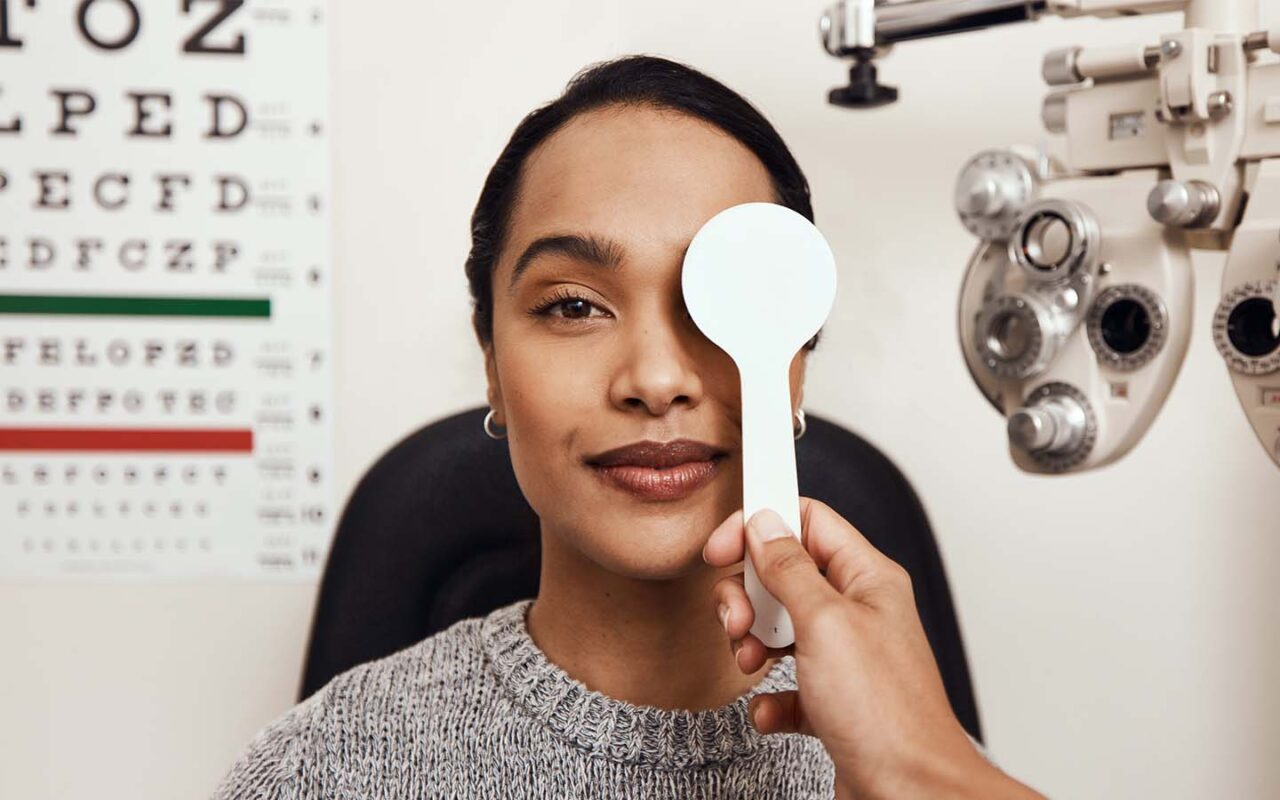All Categories
Featured
Table of Contents

Routine eye evaluations are essential for maintaining excellent vision and identifying possible eye health and wellness issues early. However, the frequency of these examinations can differ substantially based on a person's age, lifestyle, and general wellness. Recognizing the advised timetable for eye exams can aid guarantee that people of any ages receive suitable care and surveillance for their eye health and wellness.
Newborns and Toddlers (0-2 Years)
For infants and kids, eye tests are crucial for spotting any type of possible vision issues beforehand. The American Academy of Ophthalmology recommends that a youngster's very first eye examination need to happen at around 6 months old. Throughout this preliminary browse through, the eye care specialist will assess the child's visual growth and check for any obvious eye problems.Following this initial examination, it is advised that kids have an additional eye examination at age three. This visit will certainly concentrate on assessing the youngster's total visual feature, consisting of eye positioning and the capacity to track things. If no issues are spotted, the following test ought to be scheduled before the child begins school, typically around age five or six.
School-Aged Kids (6-18 Years)
Normal eye examinations should be set up every one to 2 years as soon as children get to institution age. Vision is crucial for finding out and advancement, and lots of schools perform vision screenings. These screenings do not change an extensive eye examination by an eye treatment professional.For children entailed in sports or tasks needing significant visual focus, annual eye examinations may be a good idea. Additionally, if a youngster displays indications of vision issues-- such as difficulty reading, squinting, or frequent frustrations-- a browse through to the eye doctor ought to be arranged asap.
Young Person (19-39 Years)
Young person commonly have less vision changes than older age, however regular eye exams remain crucial. The basic referral is to arrange an eye test every 2 years throughout this duration. People with specific risk factors-- such as a family history of eye condition, diabetes, or those that put on get in touch with lenses-- should take into consideration yearly eye examinations.Furthermore, those that spend significant time on electronic gadgets may experience electronic eye strain. If signs and symptoms such as dryness, exhaustion, or obscured vision occur, it might be smart to see an eye care expert faster.
Adults (40-64 Years)
As people enter center age, the possibility of developing vision troubles boosts. Adults aged 40 to 64 must set up eye tests each to two years. This age group may start to experience presbyopia, a natural age-related problem that makes it challenging to focus on close items. Eye exams can additionally aid find various other typical age-related problems such as glaucoma, cataracts, and macular deterioration.If people in this age group have danger elements such as hypertension or diabetic issues, they may call for even more frequent exams to check their eye wellness closely.
Seniors (65 Years and Older)
For seniors, regular eye tests end up being even much more vital. The American Optometric Association advises that people matured 65 and older have an eye exam at least as soon as a year.Final thought.
Understanding the appropriate timetable for eye examinations based upon age is crucial for maintaining optimal eye health and wellness throughout life. From babies to seniors, routine eye exams play a critical function in identifying issues early and making certain that vision stays sharp. By sticking to these standards and talking to an eye treatment professional, individuals can take positive actions toward protecting their vision and overall health and wellness. Whether it's a youngster's initial visit or an elderly's annual exam, focusing on eye treatment is an investment in lifelong health.Table of Contents
Latest Posts
Picking the Right Location: What to Take into consideration for Weddings, Conferences, and Events
Published Mar 12, 25
1 min read
Living Space Furniture Styles
Published Jan 29, 25
0 min read
The Advantages of Custom-made Furnishings: Why It's Worth the Financial Investment
Published Jan 21, 25
0 min read
More
Latest Posts
Picking the Right Location: What to Take into consideration for Weddings, Conferences, and Events
Published Mar 12, 25
1 min read
Living Space Furniture Styles
Published Jan 29, 25
0 min read
The Advantages of Custom-made Furnishings: Why It's Worth the Financial Investment
Published Jan 21, 25
0 min read